Terry Mattingly
While reading some of the outraged commentary about the spectacular staff cuts at The Washington Post, I keep thinking of the immortal words of King Theoden of Rohan, when facing dark waves of evil during the Battle of Helm’s Deep. All together now: “How did it come to this?”
Tennessee Gov. Bill Lee reflected on faith and redemption after reconnecting with singer Jelly Roll, whom he had met years earlier while speaking in prison. At a divided National Prayer Breakfast, Lee avoided politics, sharing how personal tragedy reshaped his life, as other speakers highlighted religious freedom.
For Don Lemon, here’s the bottom line: He says he was a journalist “on the front lines,” embedded with protestors whose actions were the subject of his reporting. In addition to the coffee and donuts, the lifestream suggests that he took part in discussions of which church to invade and the details of what to do during the protests.
(ANALYSIS) Pope Leo warned that, “The stakes are high. The power of simulation is such that AI can even deceive us by fabricating parallel ‘realities,’ usurping our faces and voices. We are immersed in a world of multidimensionality where it is becoming increasingly difficult to distinguish reality from fiction.”
Pope Leo XIV cautioned against “overly affectionate” AI chatbots, warning they can manipulate emotions and blur lines between humans and machines. The discussion, covered by CNN and explored in the “Crossroads” podcast this week, raises broader questions about AI as quasi-divine. A “Harry Potter” quote underscores the perils of trust and unseen entities.
Allen was a journalist who was a Catholic and an active Catholic who was a real journalist, and he fought to balance that equation in his daily reporting. His death on Jan. 22, after a long battle with cancer, left a strategic hole in Catholic life.
During this tense moment in journalism, will Southern Baptist leaders return telephone calls from elite newsrooms or will they choose to speak to “conservative” and “religious” publications, alone?
“It is painful to see how, especially in the West, the space for genuine freedom of expression is rapidly shrinking," said Leo.
(ANALYSIS) Let’s start with a question: Have you heard leaders in your congregation discuss any of this information in a setting that will reach active members, as opposed to special events that draw the “usual suspects” in the flock (maybe 10-20% of members) that attend just about everything?
A recent New York Times feature noted that quarterback Fernando Mendoza, before helping change University of Indiana football history, excelled at Belen Jesuit, an all-boys Catholic school in Miami, and then Miami Columbus High, another all-boys Catholic school. Oh, and his mother was a star athlete at Lourdes Academy, an all-girls Catholic school.
(ANALYSIS) Philip Yancey, a bestselling evangelical author known for emphasizing grace and compassion, retired after confessing to an eight-year adulterous relationship. His fall has sparked renewed debate within evangelical Christianity about sin, forgiveness, accountability and the dangers of weaponizing grace, especially amid broader concerns over moral failures.
Anyone who has followed religion news published by the Gray Lady in the years since January 22, 1973, knows that when debates linked to evangelicalism must be covered, The New York Times knows how to tell “good” evangelicals from “bad” evangelicals, as in the evangelicals who are worthy of respect and those whose moral, cultural and theological views are considered extreme, if not dangerous.
Former U.S. Sen. Ben Sasse of Nebraska, 53, said in an X post just before Christmas that said: "I'll cut to the chase: Last week I was diagnosed with metastasized, stage-four pancreatic cancer, and am gonna die.”
(ANALYSIS) For members of the Religion News Association, this was the kind of dramatic appeal that made the Chicago native the top Religion Newsmaker of 2025. The runner-up was Democratic Socialist Zohran Mamdani, who was elected as New York City's first Muslim mayor. The assassinated evangelical activist Charlie Kirk placed third.
(ANALYSIS) Faith and politics collided as a U.S.-born pope emerged, Donald Trump returned to power, immigration crackdowns intensified across the U.S. and churches faced violence. At the same time, a Muslim mayoral win stirred debate, while antisemitic attacks surged. Here’s a recap of the past 12 months.
(ANALYSIS) Why do I think Christian families should have a “Christmas movie” tradition in which there are a few (very few) wonderful flicks that they watch as part of its “traditional” (small “t”) festivities linked to Christmas?
Hong Kong was tense and festive when I arrived for a small 1997 conference about religion coverage in global media. The reason for the odd atmosphere was obvious: In a few days, on July 1, Great Britain would yield control of that great city to the People’s Republic of China.
(ANALYSIS) Most of all, people in the valleys between the ridges wanted to find ways to be together — somehow. The traditional 12-day season, ending on Jan. 6, gave them more time for travel and simple festivities.
(ANALYSIS) Ask yourself this question: Based on the mainstream news coverage you have seen in the past decade of two, which is the bigger news story — growing churches or dying churches?
The question is not whether Trump is relevant in many of these stories. This is, after all, an age in which faith, culture and religious doctrines are frequently linked to debates about hot-button political issues. The question is whether Trump is placed front and center in every story, warping discussions of issues that were important long before he entered American politics.
(ANALYSIS) Late in the movie “Shadowlands,” the C.S. Lewis character describes the role that books can play in real life. The famous Oxford don and author, played by Anthony Hopkins, notes, “We read books to know that we are not alone.” But Lewis never wrote those memorable words.
(ANALYSIS) Needless to say, these old-school, pro-First Amendment liberals are not the kind of public intellectuals that cultural and religious conservatives have, in the past, valued for their insights into public life. However, they have created a multi-media space in which all kinds of voices — including strong, vocal Christians (Paul Kingsnorth, leaps to mind) — have been able to reach millions of new readers and listeners.
Certain corners of the Orthodox internet are not just conservative or traditionalist, but openly racist and antisemitic, with several far-right figures converting in recent years. In the South, there is a strain of neoconfederate Orthodoxy that marries white supremacy and Orthodox practice. Matthew Heimbach, who organized the notorious Unite the Right rally in Charlottesville, Va., in 2017, had been excommunicated from the Antiochian Orthodox church but joined another branch.
Collections of Christmas music often include a few popular Advent hymns sung in Protestant services and even in Christmas parties, such as “Joy to the World,” “It Came Upon a Midnight Clear” and, especially, “O Come, O Come Emmanuel.” Many Catholic Advent hymns focus on the role of Mary, the mother of Jesus, such as "Rorate Caeli (Drop down, Ye Heavens).”
(ANALYSIS) After several years of conversations while traveling nationwide, Father Andrew Stephen Damick is convinced these ancient prayers are painfully relevant to many converts surging into the small, but now growing, Eastern Church in America. It is no longer unusual to meet converts who have worshipped other gods and spirits.
Conflicts like these are not common, but they can happen. I moved them into present tense for reasons that will become obvious, as I connect them to news coverage we discussed in this week’s “Crossroads” podcast, focusing on tensions between a few Christian schools and Turning Point USA.
(ANALYSIS) For Orthodox Christians in America, the 20th century was shaped by waves of believers fleeing wars, revolutions and persecution in lands such as Greece, Syria, Russia and Romania. These days, the catechumenate class numbers are staggering. While some Orthodox parishes are shrinking, many clergy are struggling to handle congregations that have doubled or tripled in size.
Once again, the United States Conference of Catholic Bishops gathered for debates and votes with serious implications for the current occupant of the White House and his supporters.
(ANALYSIS) Trying to combine Christian faith with serious rock music created a dilemma when Keaggy entered what record-industry pros have long called CCM — Contemporary Christian Music. Most of his over 55 albums were first sold in Christian bookstores instead of mainstream music chains.

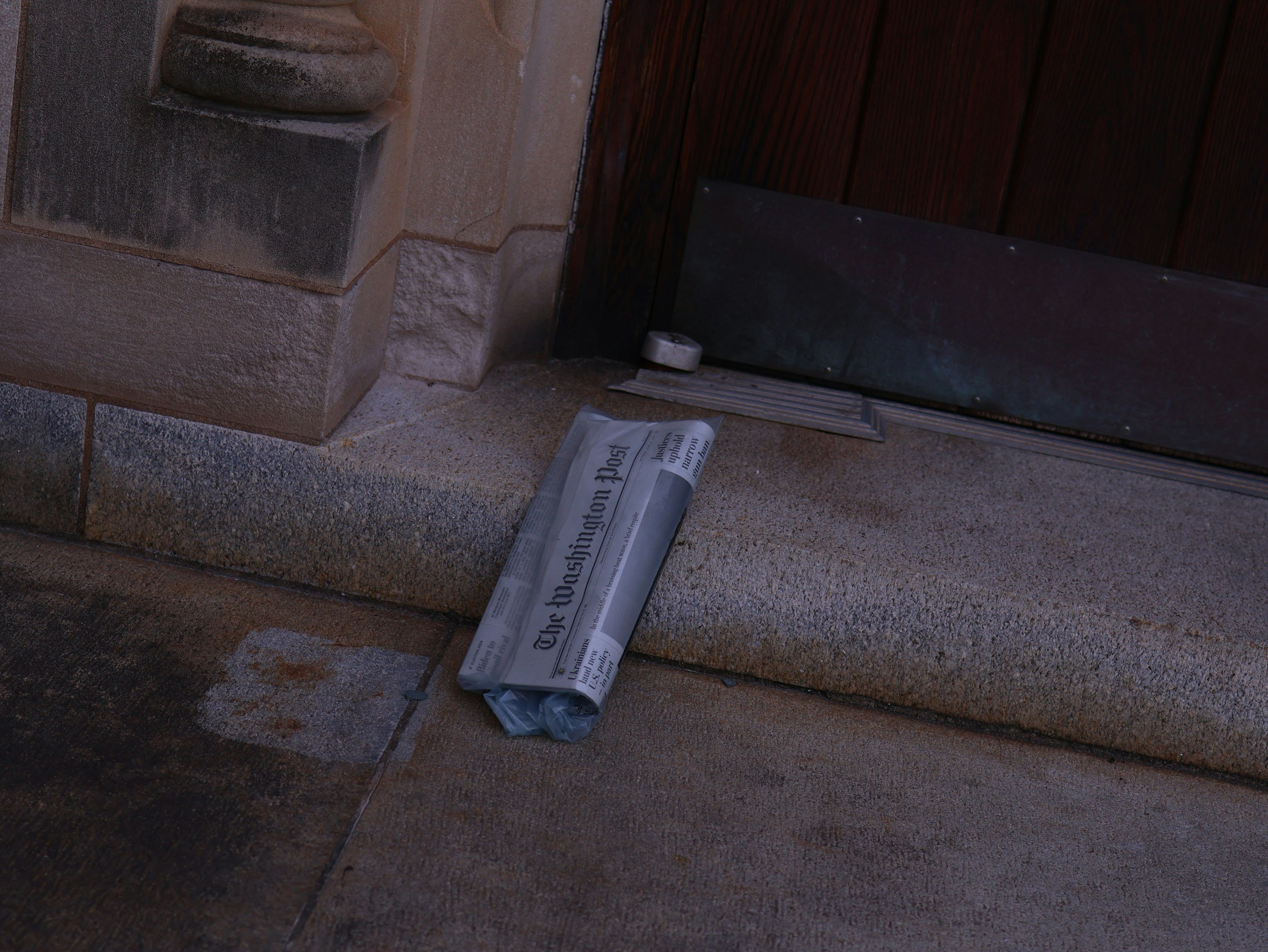


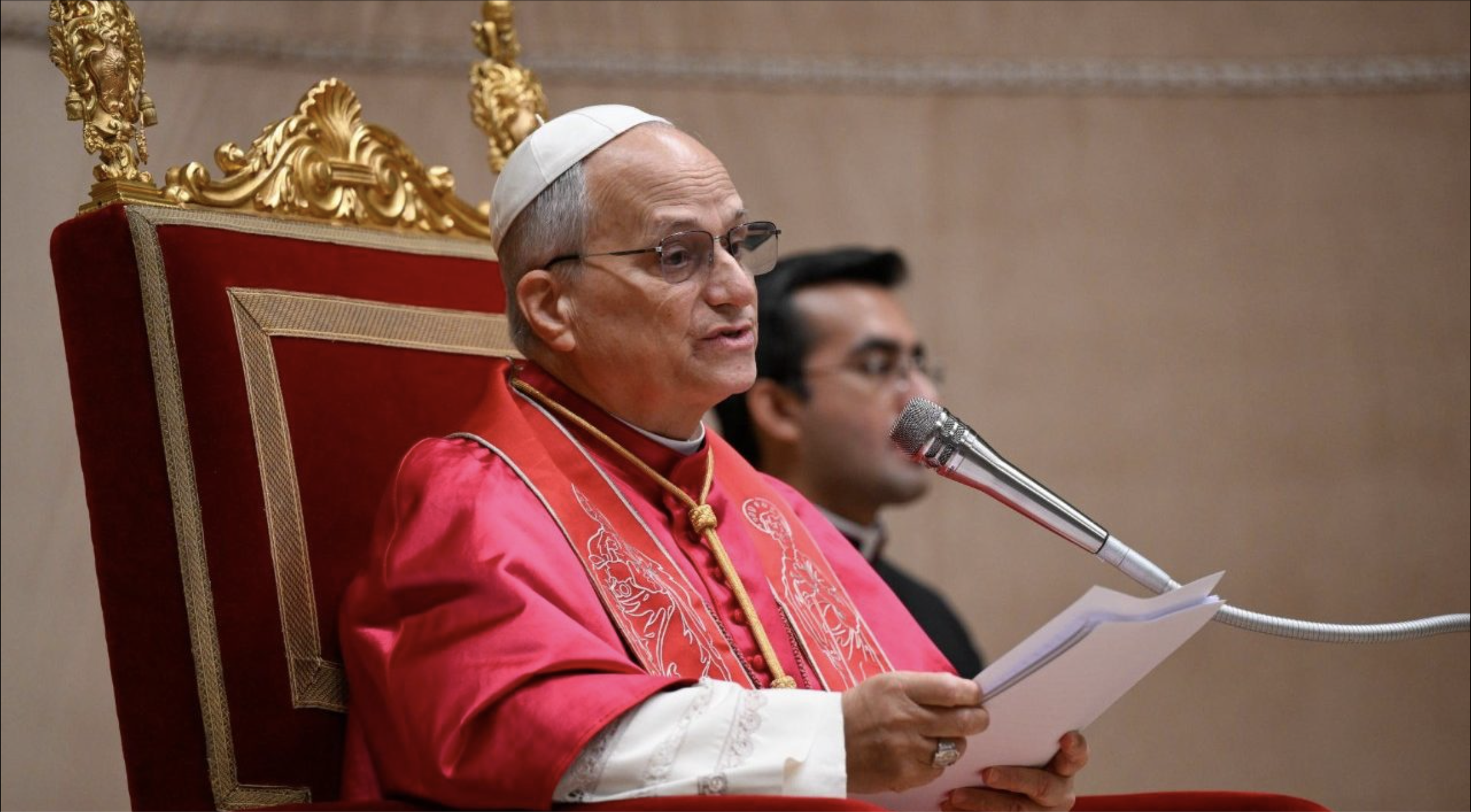

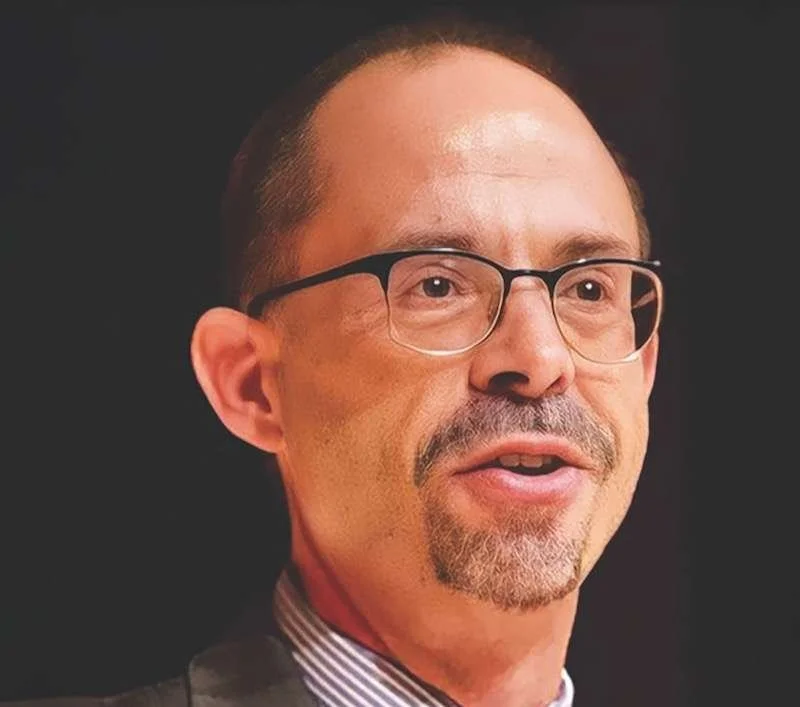
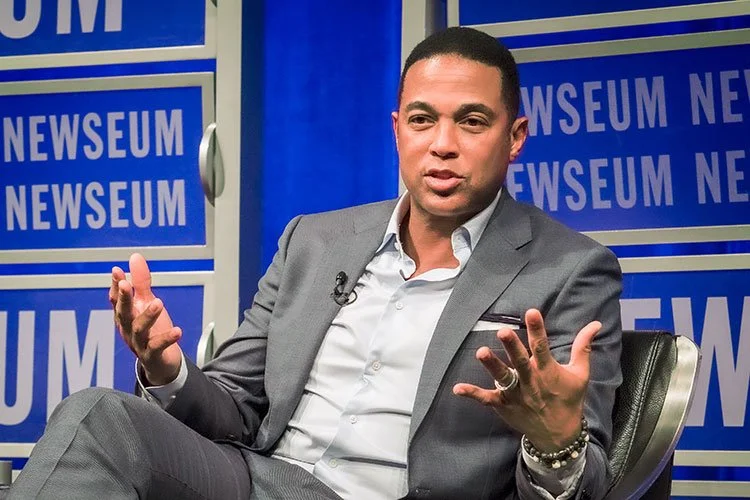
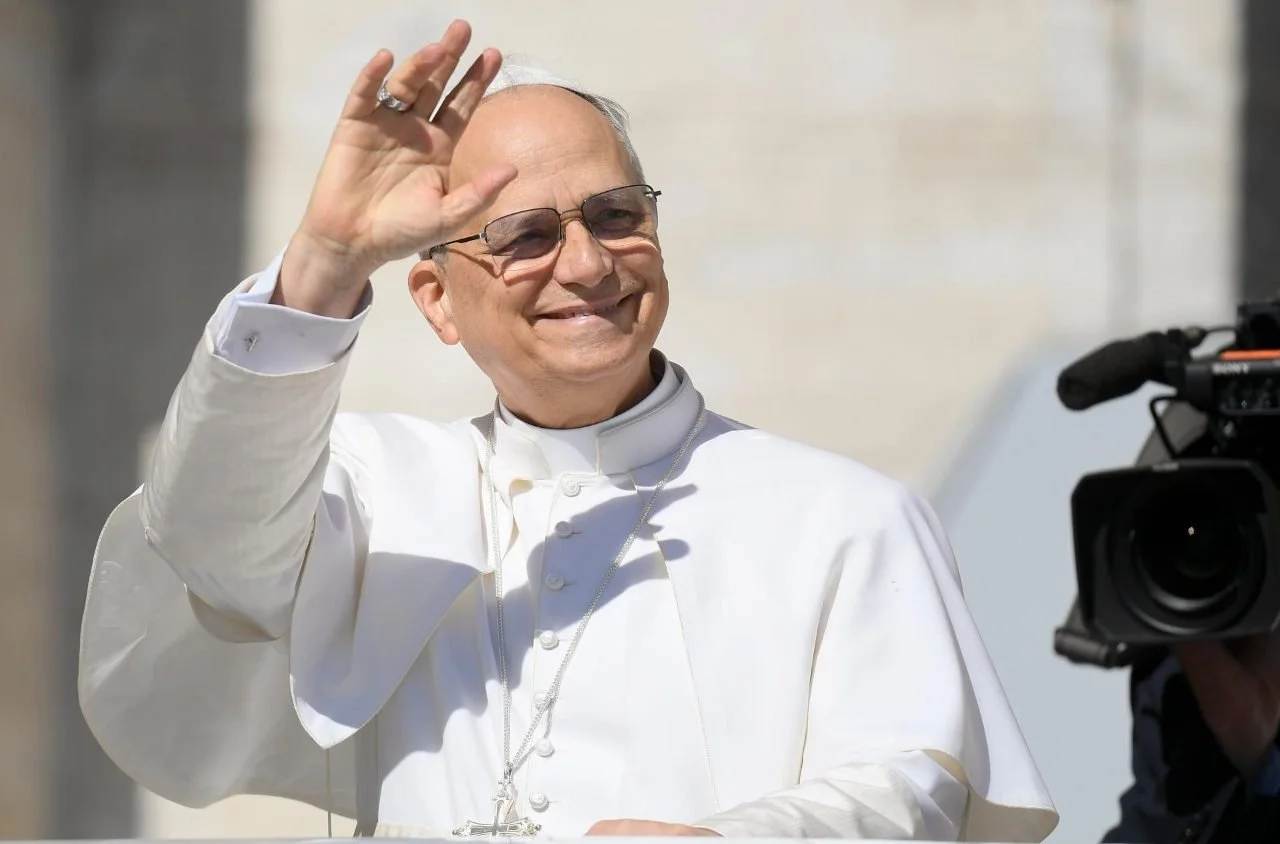


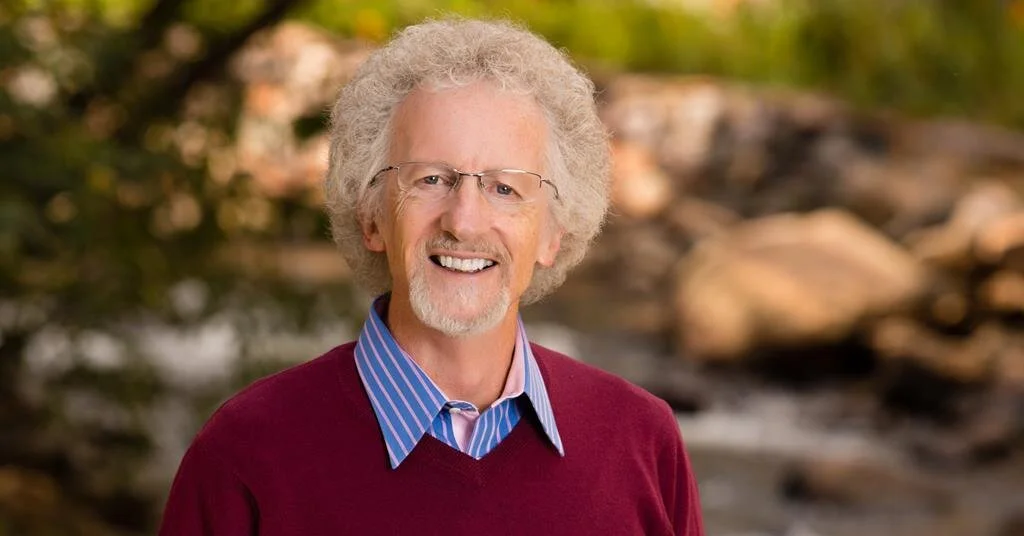
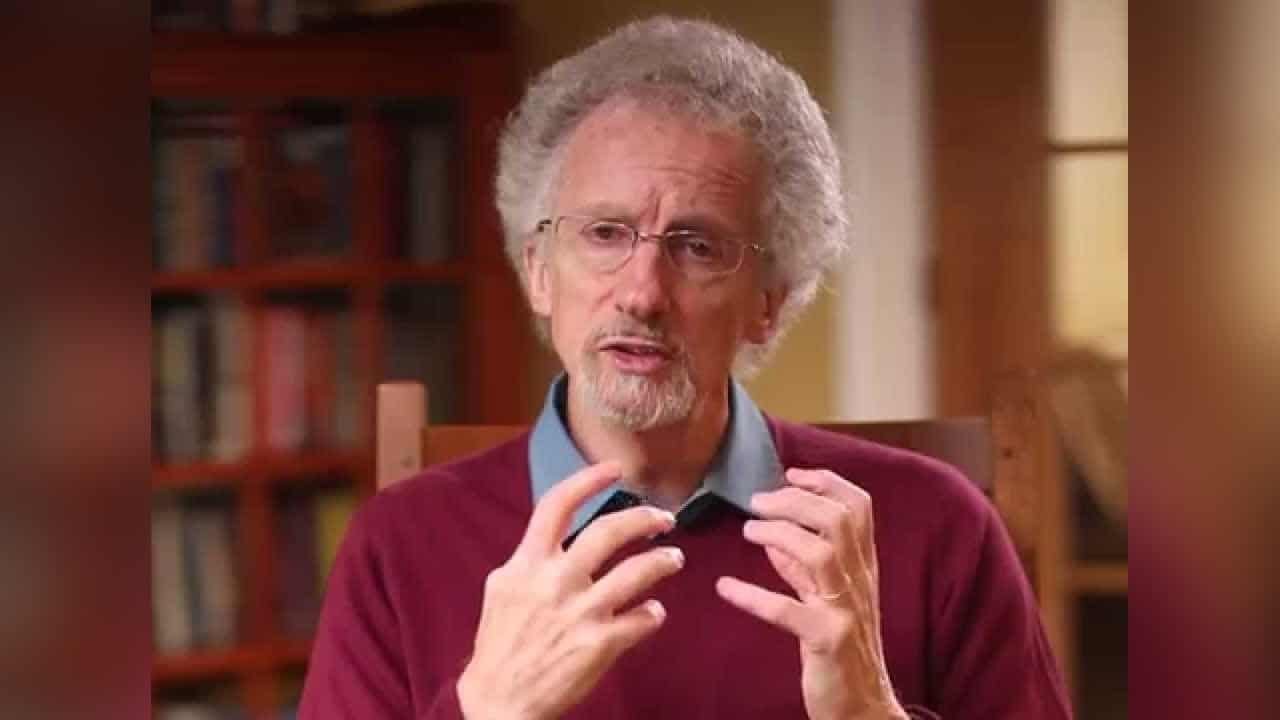
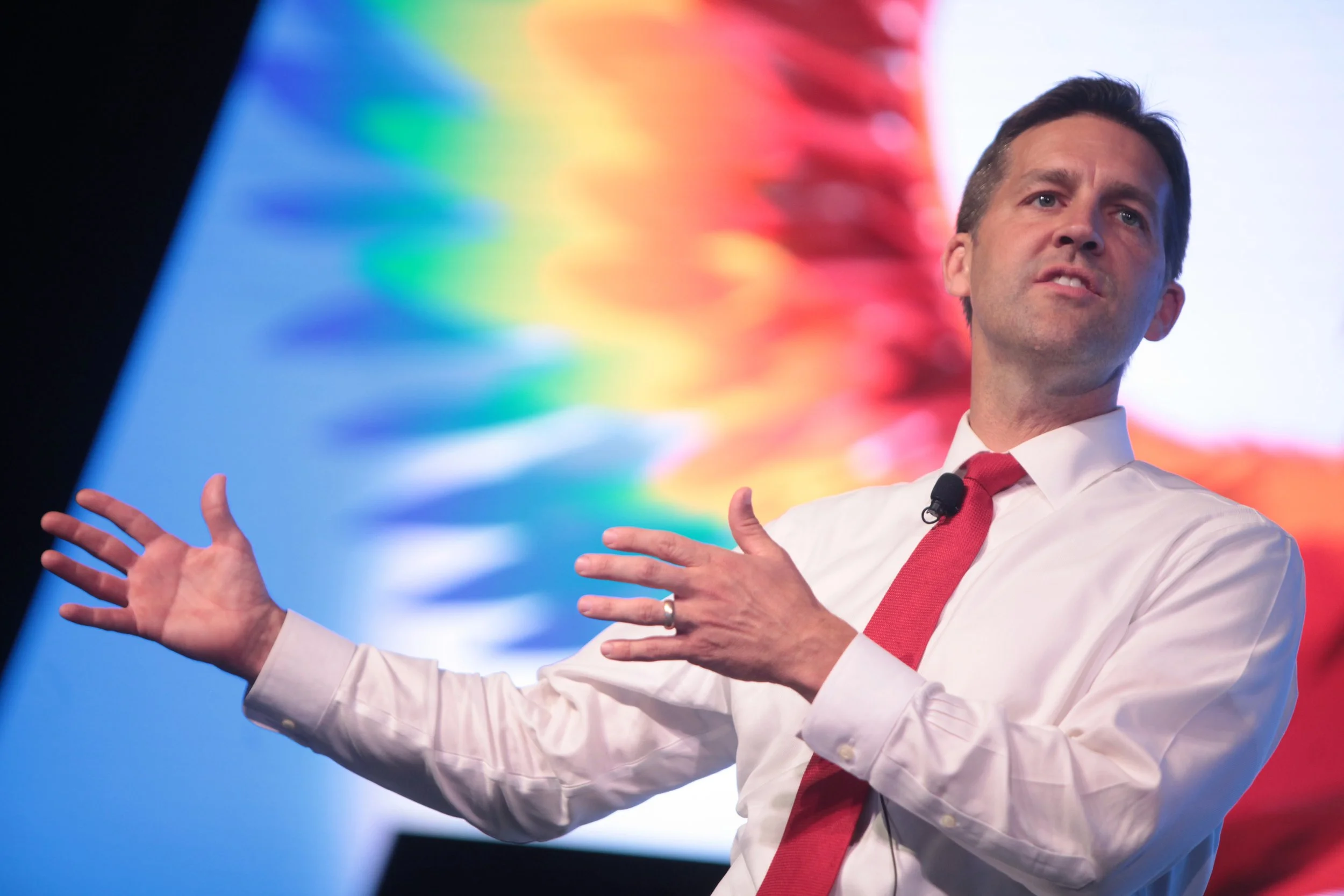

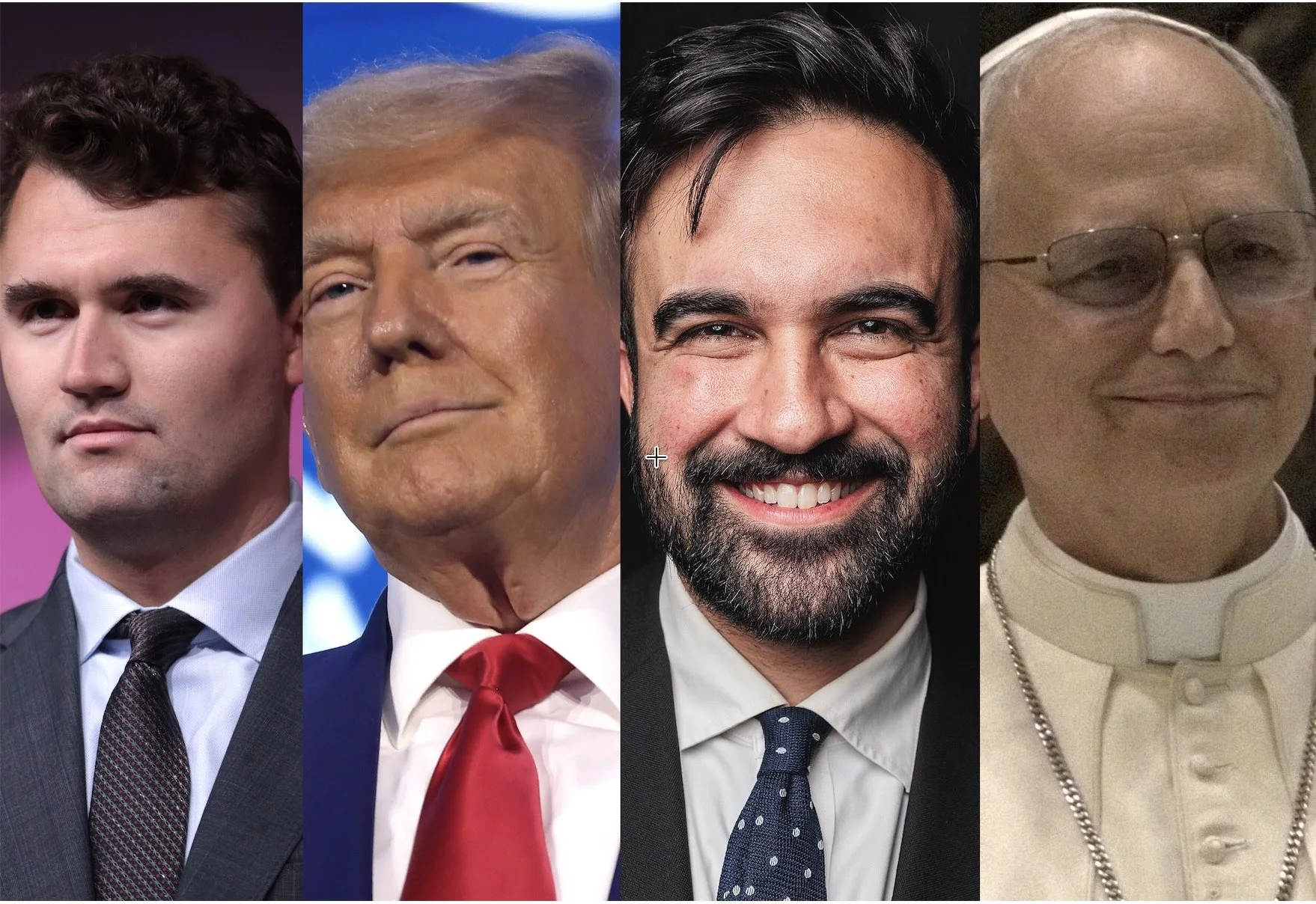











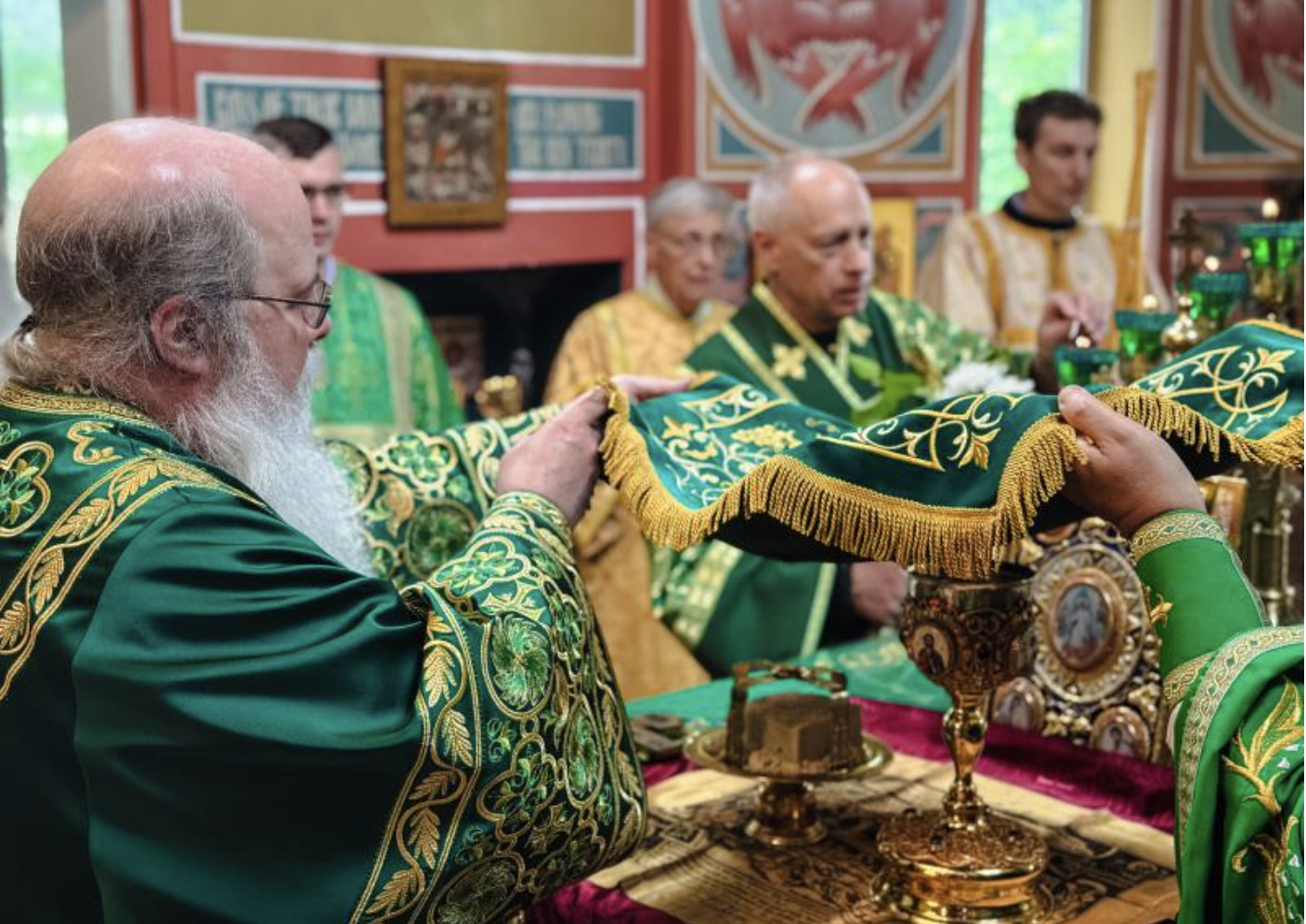
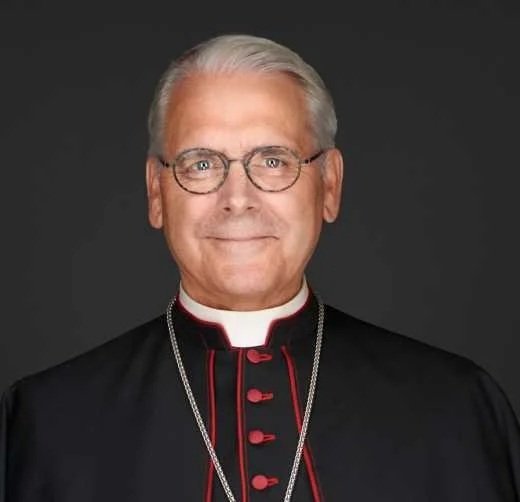

As the Diocese of Jackson advances Sister Thea Bowman’s cause for sainthood, Catholics reflect on her prophetic witness. A Mississippi teacher, scholar and evangelist, she challenged the church to recognize Black faith and everyday holiness — urging believers to see saints not only in Rome’s past, but in their own families.